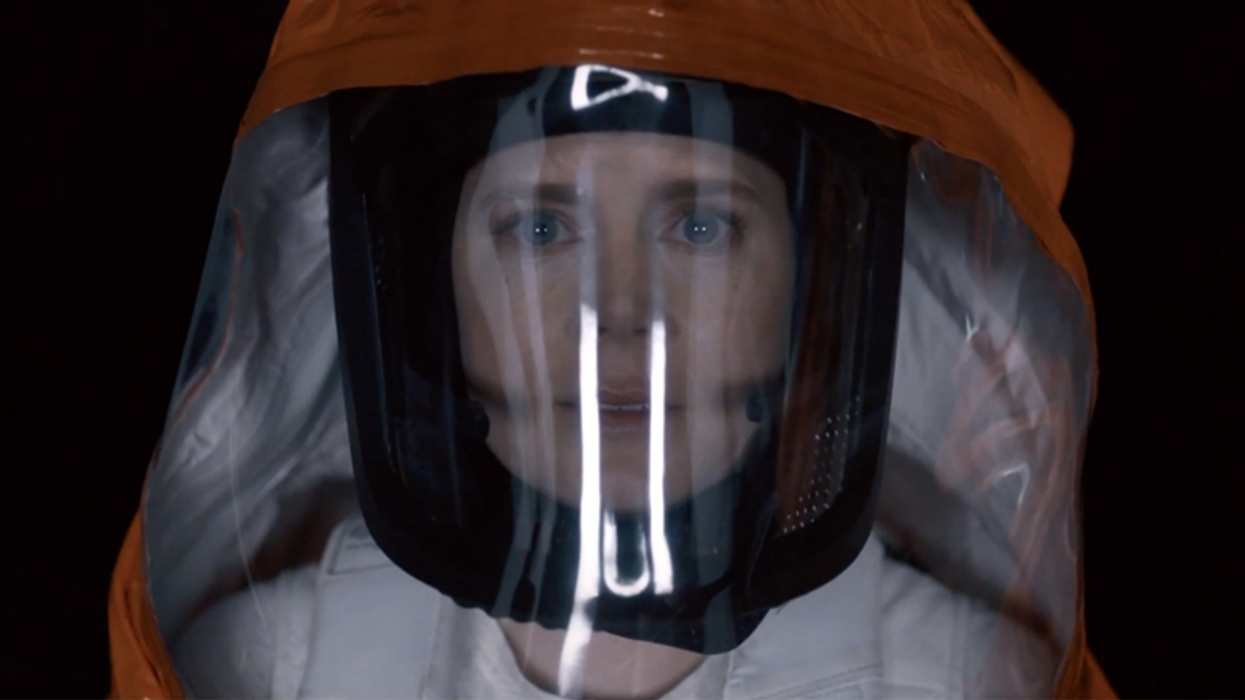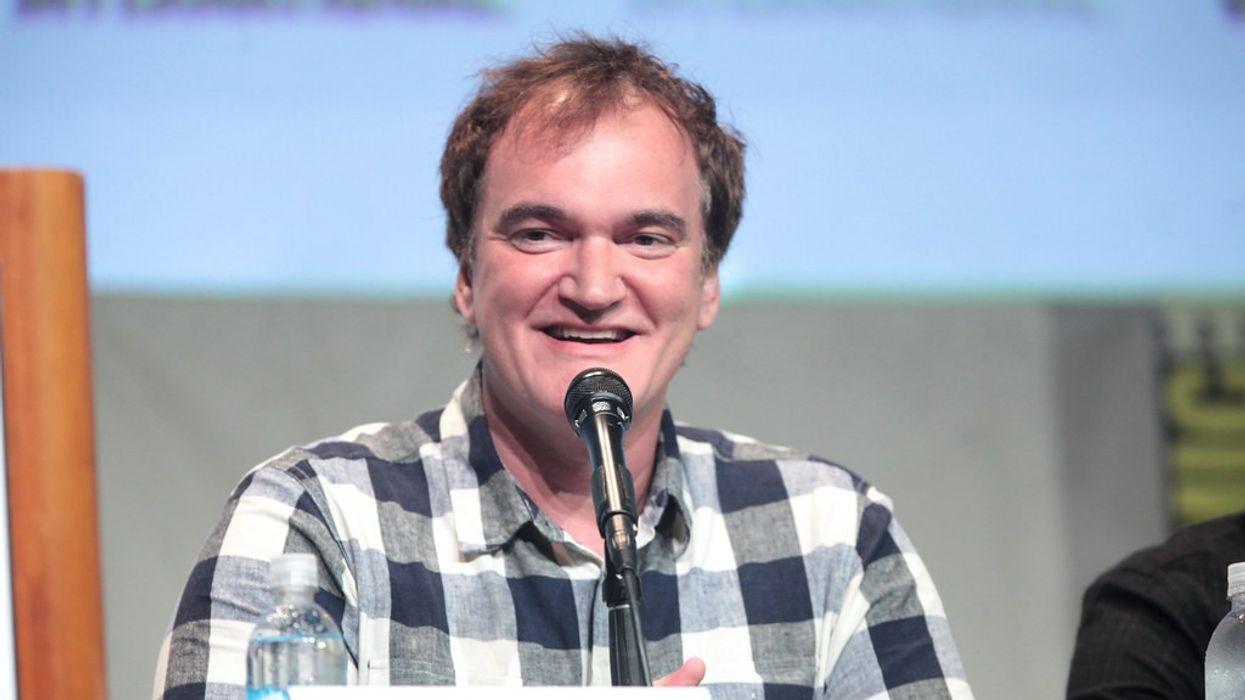How 'Arrival' Screenwriter Eric Heisserer Transformed a Short Story into a Blockbuster Event
The screenwriter and producer spent ten years trying to get his cerebral sci-fi made. Now it's being heralded as one of the year's best films.

When Eric Heisserer first set pen to page in an effort to adapt Ted Chiang’s short tale Story Of Your Life for the big screen, he had no idea the lengths he would have to go in order to get it made. Sure, it may only be one of sixty features the screenwriter has penned over the course of his career, but after a decade of trying to get Arrival in production, it's safe to say the cerebral sci-fi assumes a special place in his canon of work. The film hits theaters across the US today.
Heisserer has certainly found success in the past, especially within the horror genre. His writing credits include this year's Lights Out as well as reboots of both 2010's A Nightmare on Elm Street and 2011's The Thing. Arrival was something different though. A passion piece. And as he explained in a Reddit AMA earlier last week, a necessary escape from a low-risk genre that, for screenwriters, can end up acting as somewhat of a creative trap.
"I can't say the number of times I was told, 'We'll make this if you change it to a big action-invasion film where a human punches an alien at the end.'"
"I'm not monogamous to any one genre," Heisserer insisted. "In fact, I've written nearly 60 feature screenplays at this point in my career, and less than ten of them have been horror. (A lot have been science fiction, admittedly.) It's just a matter of what a studio is willing to risk. And more often than not, they will make something they already own—a franchise, or a branded book, etc. I wanted to do something other than horror so badly, I had to direct a drama to break out."
Finding a studio that was willing to take that kind of risk, however, was perhaps Heisserer's biggest challenge. "It took so long because it's such a huge risk. It's a non-franchise science fiction film with a female lead, tackling heady concepts. I can't say the number of times I was told, "We'll make this if you change it to a big action-invasion film where a human punches an alien at the end."
Lucky for Heisserer he had found a piece of source material in "Story of Your Life" whose message truly spoke to him and proved impossible to let go of. "My prime directive was to capture the way Ted Chiang's story made me feel when I read it, and transpose that to the screenplay. I didn't know if anyone besides me would be as fascinated and emotionally invested in the material as I was with Ted's story, but I couldn't get it out of my head or my heart."
"All of us wanted to tell this story precisely because it isn't the Hollywood action blockbuster story. It's intimate."
Most importantly, he didn't let refusal break him down. Heisserer stuck to both his artistic integrity and his intuition as a screenwriter to get the story he wanted to get made, made. "I carried his book around for years, hoping to find producers [who would] read "Story of Your Life" and fall for it like I did. Dan Cohen and Dan Levine at 21 Laps finally did, and together we got the rights to the story."
In the end, the lack of a major studio backing the production may have benefitted the film. "I can confess a key bit: This wasn't a studio film. It was acquired, for sure, but we made it largely independently," Heisserer explained. "All of us wanted to tell this story precisely because it isn't the Hollywood action blockbuster story. It's intimate."
Studio money, of course, would be of enormous aid to the ambitious project, and once he had certain talent attached to it, he started to get phone calls. "No studio wanted to risk making the film as it was, not until they felt assured it would work (and having Denis and Amy on board certainly did that)."

Indeed, Heisserer was lucky to have such incredible talent working on his film, especially in visionary director Denis Villeneuve. "Working with Denis was the best experience I've had with a director. When he officially signed on, he called me and said, 'Now we are married.' And he meant it!" That ideal collaboration came in the form of lengthy discussions about how Heisserer saw his film being made. "I've never been asked so many questions (happily) about a screenplay. He was so curious about everything, from subtext to dialogue to design."
Their relationship continued throughout production as well. "I was there for about two weeks, and it was a well-oiled machine. The beauty in that experience was this: Everyone was making the same movie. Seems like such a small statement, but it's nigh impossible to find."
In the end, Heisserer had this simple advice to give to filmmakers after his experience with Arrival: "Make stuff. Share it. Try new techniques and new ideas."
Source: Reddit











